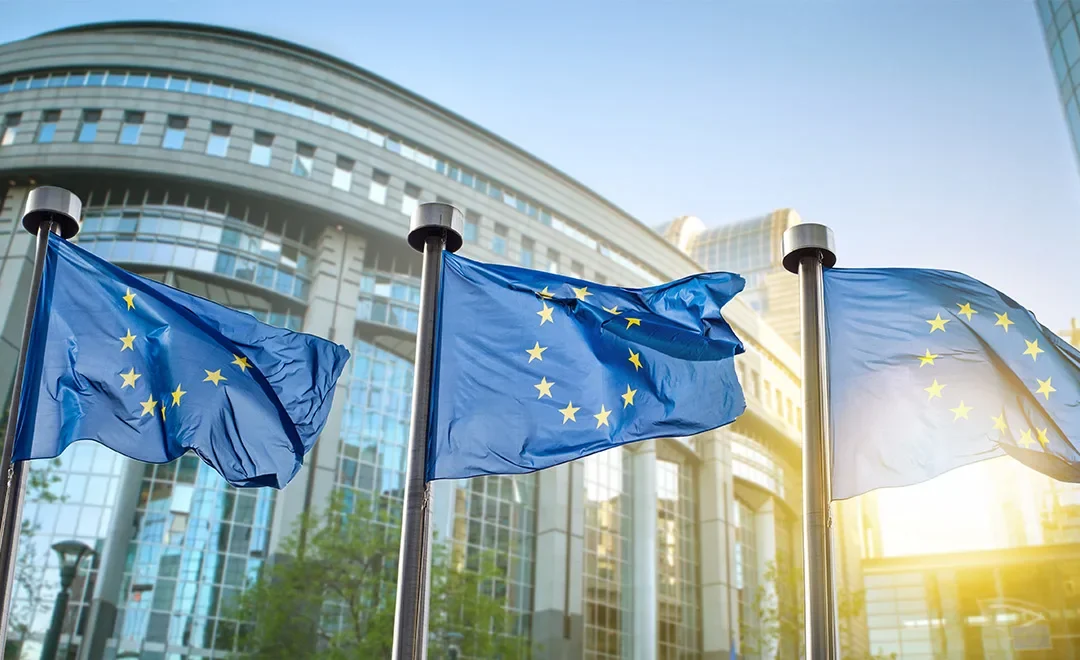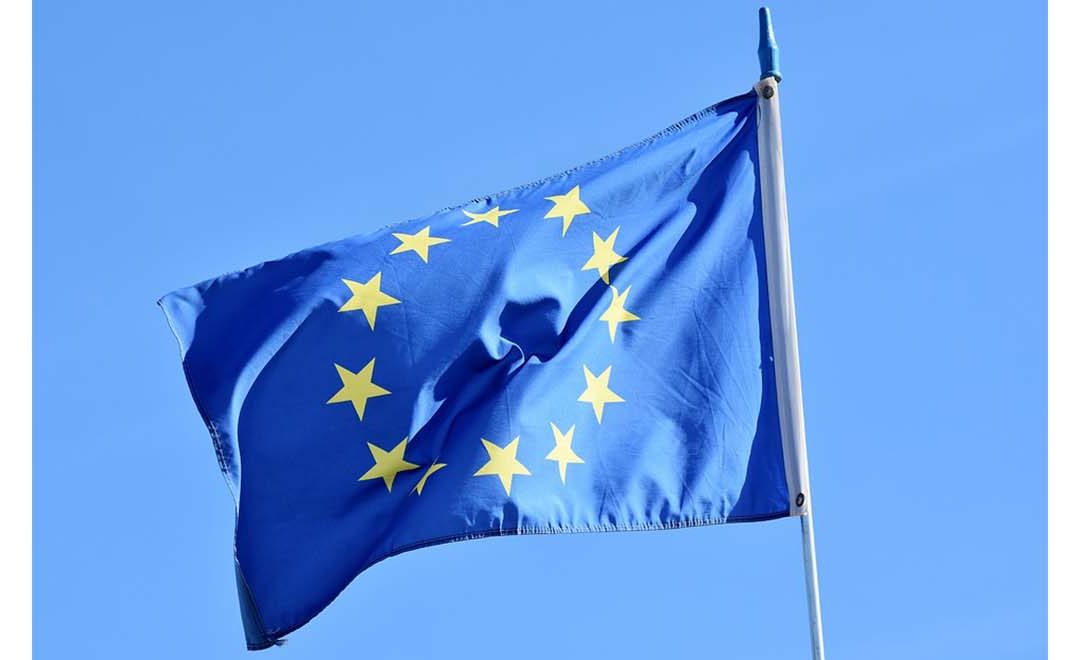 The European Commission has announced a new set of legislation in a bit to tackle the ever-growing amount of plastic waste, and the marine pollution it is causing.
The European Commission has announced a new set of legislation in a bit to tackle the ever-growing amount of plastic waste, and the marine pollution it is causing.
The new rules target single-use plastics specifically, with the focus on the 10 most common products found across the beaches and seas of Europe, which cumulatively constitutes 70 percent of all marine litter. The legislation is described by a European Commission press release as “proportionate and tailored”, stating that they will “put Europe ahead of the curve on an issue with global implications.”
As part of this tailoring, different products will be bound by different rules: Single-use products will be banned from the market, in the event that alternatives are available and affordable, whereas those products with no straightforward alternative will be under rules designed to limit their consumption, and enhance their management and clean-up.
“This Commission promised to be big on the big issues and leave the rest to Member States,” explained Frans Timmermans, First Vice-President responsible for sustainable development said. “Plastic waste is undeniably a big issue and Europeans need to act together to tackle this problem, because plastic waste ends up in our air, our soil, our oceans, and in our food. Today’s proposals will reduce single use plastics on our supermarket shelves through a range of measures. We will ban some of these items, and substitute them with cleaner alternatives so people can still use their favourite products.”
Plastic currently makes up 85 percent of all marine pollution, with devastating consequences for wildlife, as well as human health, with microplastics entering our food chain without notice. As well as tackling the issue from an ecological perspective, the European Commission’s new directive aims to “bring new opportunities for innovation, competitiveness, and job creation.”
According to the Commission, “having one set of rules for the whole EU market will create a springboard for European companies to develop economies of scale and be more competitive in the booming global marketplace for sustainable products. By setting up re-use systems (such as deposit refund schemes), companies can ensure a stable supply of high quality material. In other cases, the incentive to look for more sustainable solutions can give companies the technological lead over global competitors.”
The single-use items covered by the ban include cotton buds, cutlery, crockery, straws, stirrers, and balloon sticks, all of which will now be required to be made from sustainable materials instead.
Other stipulations of the legislation includes consumption reduction targets for Member States; obligations for producers to contribute to the cost of waste management and clean-up, as well as raising awareness; collection targets, with Member States being obliged to collect 90 percent of single-use drinks bottles by 2025; labelling requirements, to indicate correct disposal practice, a product’s environmental impact and the extent of its plastic content; and a range of measures designed to raise awareness.
“Plastic can be fantastic, but we need to use it more responsibly,” said Jyrki Katainen, Vice-President responsible for jobs, growth, investment and competitiveness. “Single use plastics are not a smart economic or environmental choice, and today’s proposals will help business and consumers to move towards sustainable alternatives. This is an opportunity for Europe to lead the way, creating products that the world will demand for decades to come, and extracting more economic value from our precious and limited resources. Our collection target for plastic bottles will also help to generate the necessary volumes for a thriving plastic recycling industry.”
It is forecast that the Directive will also offer a number of economic benefits, as it avoids environmental damages that will cost the equivalent of €22 billion ($25.5 billion) by 2030. It is also predicted to save consumers a projected €6.5 billion ($7.5 billion), whilst avoiding the emission of the equivalent of 3.4 million tonnes of CO2.
The proposals will now pass to the European Parliament and European Council for adoption, as a priority file. For more on the global plastic waste pandemic and what efforts are being made to combat it, look out for The Recycler’s special feature, ‘Plastic waste: The crisis of our times’, in Issue 308, coming soon.




















